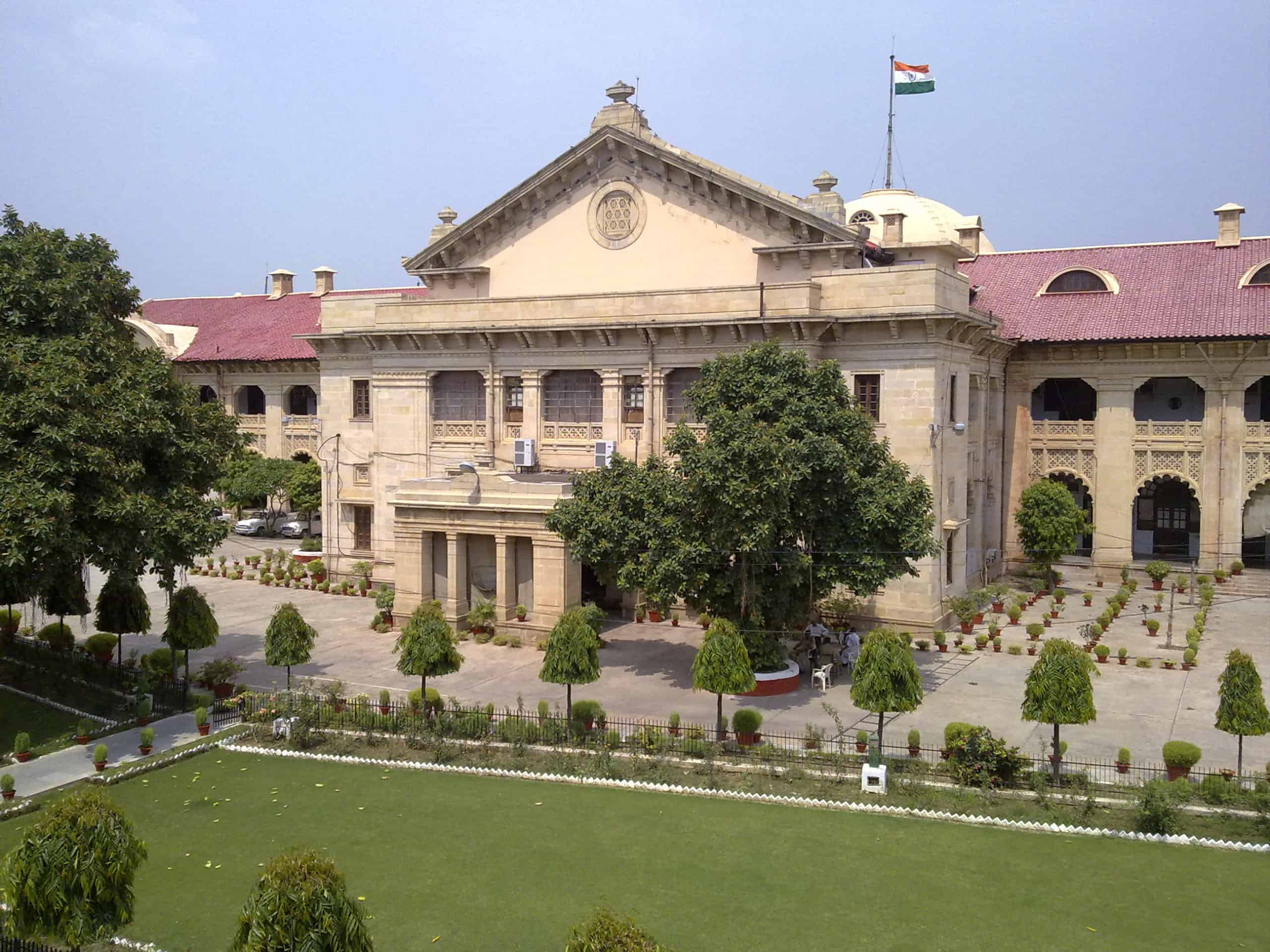The Allahabad High Court recently ruled that an unmarried daughter has a right to seek maintenance under the Protection of Women from Domestic Violence Act, 2005 (DV Act), irrespective of her religion or her age [Naimullah Sheikh and another v. State Of UP & Ors].
Justice Jyotsna Sharma examined the provisions of DV Act and came to the conclusion that a woman who has been subjected to violence in a domestic relationship is entitled to relief under the enactment irrespective of whether she is minor or major. After citing judgments of the Supreme Court, Justice Sharma held,
“…there remains no doubt that unmarried daughter, whether Hindu or Muslim has a right to obtain maintenance, irrespective of her age.”
Justice Jyotsna Sharma and Allahabad High Court
The Court was hearing a petition challenging a judicial magistrate’s order directing a Muslim man to pay an interim maintenance of ₹3,000 each to his three daughters.
The daughters told the magistrate that their mother died in 2015 and their father married another woman during the lifetime of the deceased. They alleged that their father and their step-mother were now mistreating and even physically assaulting them.
Challenging the lower court’s order, the father argued that the magistrate failed to consider that he is old and infirm with no source of income. It was also submitted that daughters are major and thus cannot claim any maintenance.
Justice Sharma perused the preamble of the DV Act and noted that the 2005 law was enacted with an object to provide for ‘more effective protection to women’. The use of the word ‘more’ before the phrase ‘effective protection of rights of woman’ is not an insignificant addition, the single-judge remarked.
The Court also reasoned that while the substantive right to receive maintenance may emanate from other laws, a quicker and shorter procedure to obtain the same has been provided under the DV Act.
“The rights which the parties may have under other laws whether civil or criminal, have been given a cutting edge by the Act. In my view, this explains the use of words “more effective protection to women” in the foreword which described the reasons behind this enactment.”
The Court noted that the rights of an aggrieved person under the DV Act flow from the fact that she has been subjected to violence which may be of physical, mental, sexual, verbal and emotional nature. It added that the violence may even be in the nature of economic abuse.
After looking at Section 20(1) of the Act, which talks about the expenses or losses suffered by an aggrieved person due to domestic violence, the Court said,
“From reading this part, this impression gains ground that irrespective of other factors like dependency, age or marital status etc (which may be relevant in or under any other law) the aggrieved person has an independent right to obtain monetary relief for expenses incurred and losses suffered because of domestic violence.”
Concluding that an unmarried daughter has the right to seek maintenance under the DV Act, the Bench clarified that courts have to look for other laws applicable also when the question is of maintenance.
“However, where issue does not pertain to mere maintenance, the independent rights are available to an aggrieved under section 20 of the DV Act itself,” it added.
Finding no good ground to interfere with the magistrate’s order, the Court dismissed the petition.
Advocate Khurshed Alam represented the petitioners.
Advocate Mohd Warish Khan represented the private respondents.
Source Link



